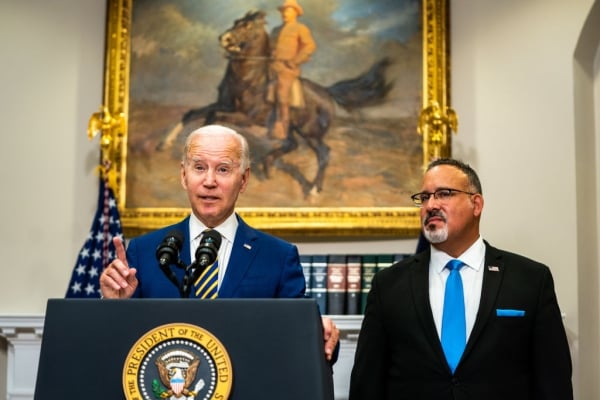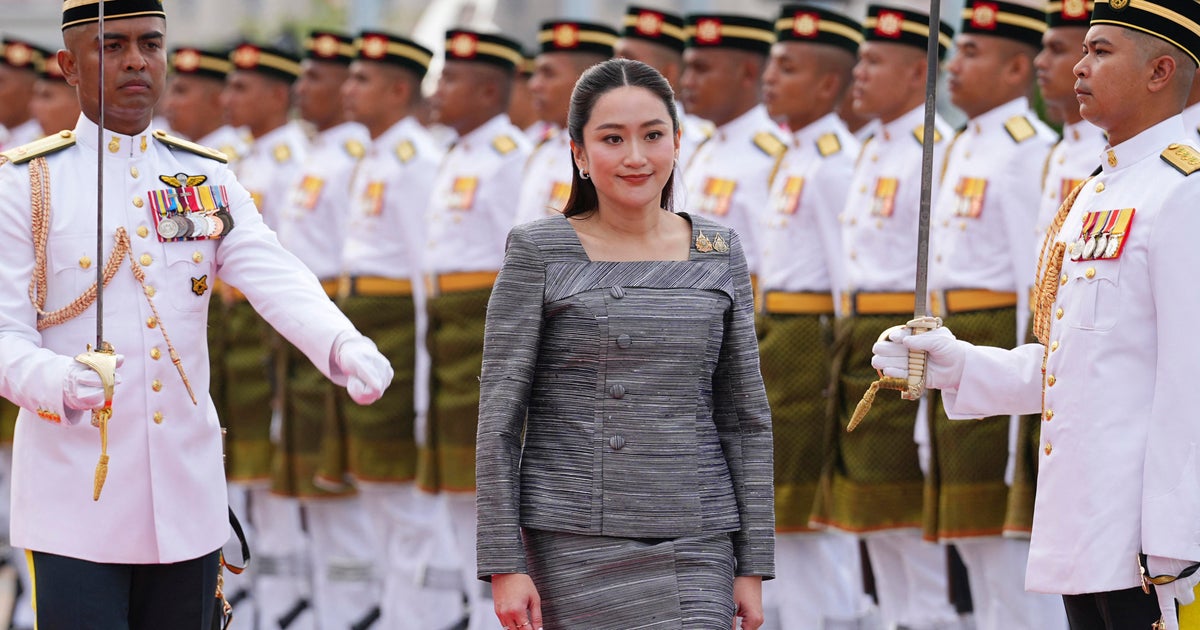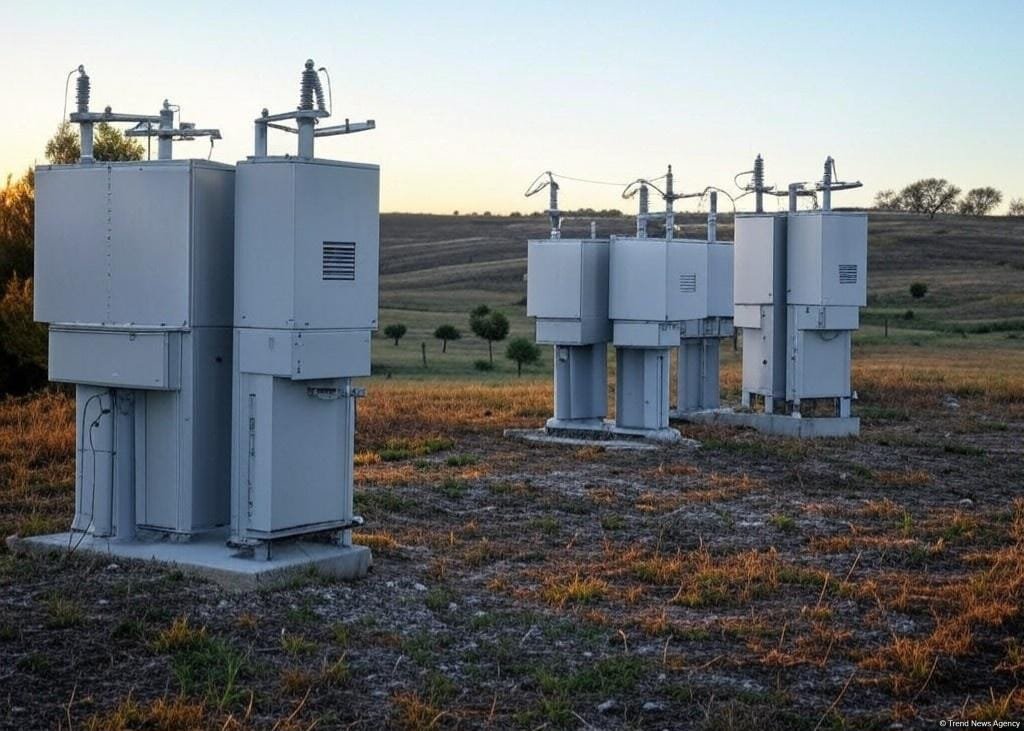Throughout conflicts in history and today, sexual violence has been used as a tactic of war and a form of repression. Often this type of weapon has been stigmatised – leading survivors to stay silent about their experience, while the perpetrators escape justice. I am attending this week’s PSVI conference in London, alongside CARE International, to use my voice and to amplify the voices of women in South Sudan.
The issue of conflict-related sexual violence does not exist in a vacuum. It operates through invisible drivers of gender-based discrimination, a culture of victim-blaming, and male domination. Inadequate preventative measures to track conflict-related sexual violence and other associated human-rights-based violations, have allowed these acts to go unprevented and unpunished.
South Sudan has been embroiled in conflict for much of the past decade. I founded an organisation that provides services for women and girls who have suffered gender-based violence because the urgent need to tackle this type of gender-based violence could not be more acute. In South Sudan, two out of three women have experienced violence based on their gender. A report earlier this year from the UN commission on human rights in South Sudan found that women and girls here face diverse forms of oppression including targeted killings, rape and sexual violence, slavery, forced marriage, forced procreation, forced labour, and other forms of sexual violence and inequality.
This issue has not gone unnoticed and a range of commitments to address gender-based violence and support women’s civil-society organisations in South Sudan have been made by various stakeholders, including donors and international agencies. Internationally, huge efforts have been made over the past fifteen years to increase the global recognition of this complex and pervasive issue, while a series of resolutions have been passed by the United Nations Security Council to prevent conflict-related sexual violence. But the implementation, accountability, and enforcement of these resolutions are inadequate.
Entries for BASC classes at Crufts 2023 now open

Phoenix Insights: the ‘Great Retirement’ not just down to ill-health
The UK Government’s ‘Preventing Sexual Violence in Conflict Initiative’ launched a global code to tackle conflict-related sexual violence this year. While the goal of information-gathering from survivors of sexual violence in conflicts is commendable, it is crucial that governments prioritise strengthening implementation and funding of existing frameworks and commitments. Sexual violence in conflict cannot be tackled without solving the many facets of gender inequality that pave the way for it to happen.
At the PSVI summit this week, I will be joining other women civil society leaders from around the world, brought together by CARE International, to outline what is needed if world leaders are serious about tackling sexual violence in conflict. We know from the evidence produced by programmes like What Works to Prevent Violence Against Women and Girls that violence is preventable, not inevitable, if we act to prevent it.
Firstly, and predictably, funding: the latest analysis of global humanitarian funding reveals that this sector is currently only 8% funded against the 2022 requirements. It goes without saying that without adequate funding, the rest is a pipe dream.
We also know the direct links between humanitarian crises and gender-based violence – therefore all humanitarian response should have built-in measures to prevent it. This means risks assessments and mitigation measures from the earliest stages of an emergency, and funding made available to the women-led organisations who are so crucial to the response.
The inclusion of women’s voices is essential. Women and girls affected by emergencies should not be treated as passive recipients of aid. Local women’s organizations must be supported to lead gender-based violence prevention and response efforts, even in times of conflicts – so they can participate meaningfully in decision-making and their priorities can be recognised and funded to the scale of the problem.
Instead of focusing narrowly on sexual violence specifically in conflict situations, it is important to focus on all types of gender-based violence, including physical and emotional violence and denial of resources, which disproportionately affect women and girls in all contexts – including post-conflict, development, and humanitarian settings. The UK and other donors and key decision-makers must address the multiple forms of violence that women and girls face in conflict and humanitarian settings holistically, including conflict-related sexual violence, intimate partner violence and child, early and forced marriage. We cannot prevent sexual violence in conflict while the underlying factors that pave the way for it are left unchallenged. Resources must be invested not only for violence prevention in humanitarian crises, but also for the longer-term aimed at promoting gender equality and engaging men and boys on that journey.
The 2022 PSVI Conference is a crucial chance to make desperately needed progress on ending sexual violence in conflict, as well as the many facets of gender inequality that contribute to it. It must go beyond words and continue once delegates leave. The international community must act on commitments to prevent and effectively respond to violence against women and girls in crises.





















Discussion about this post